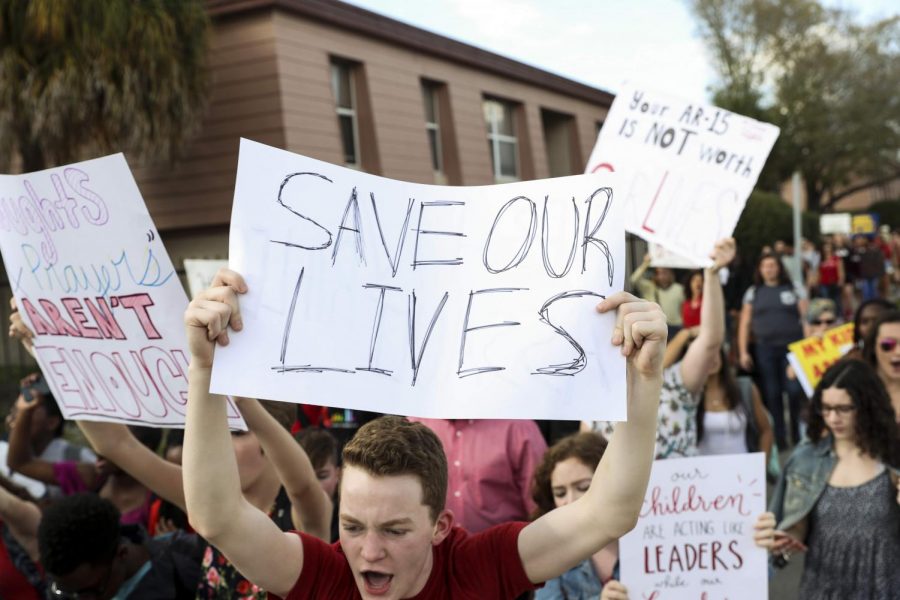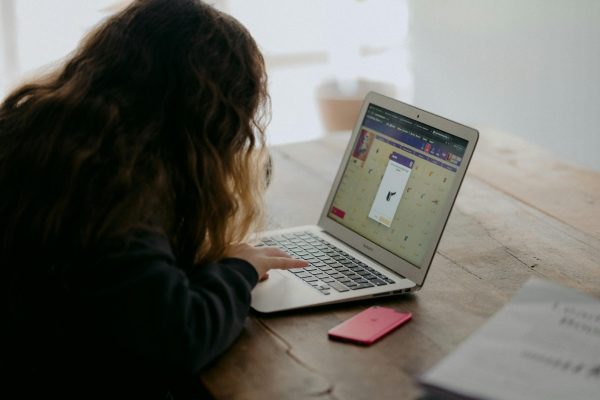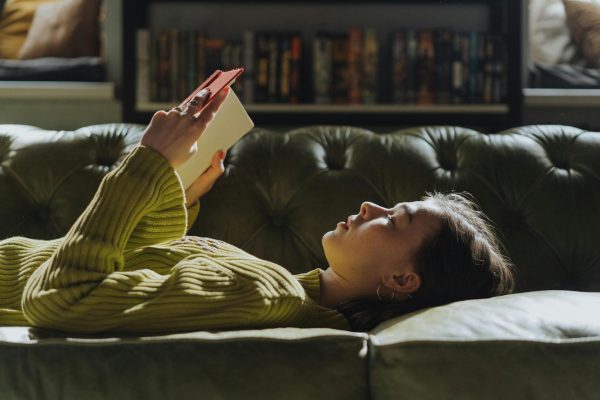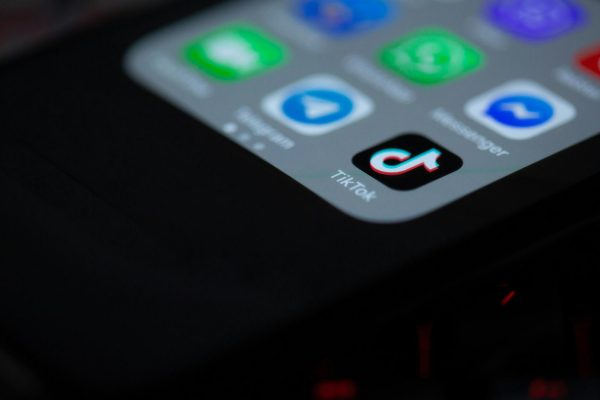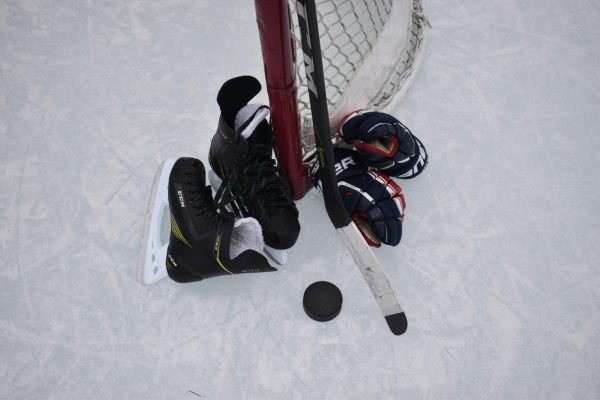SeaSquawks 10/24/19: How mass shootings affect UNCW students
Monica Herndon/Tampa Bay Times/TNS
Students and community activists marched in Tampa last year after the Feb. 14, 2018 shooting at Marjory Stoneman Douglas High School in Parkland. The attack killed 17 people and gave rise to Floridaand#x2019;s school guardian law, which this year was changed to allow classroom teachers to be armed. Gov. Ron DeSantis signed the measure into law.
As I sit in class, my eyes wander to the small poster on the wall with the big red letters saying, “In case of an active shooter/attacker.” The ways I would handle the situation start to run through my head. Where can I get out? How could I protect my fellow classmates? Could I lock the doors in time? Before I know it, the lecture is over, and I have completely missed it.
Mass shootings in the United States occur so often that it has become a new-normal. According to the Gun Violence Archive, 339 mass shootings have happened as of Oct. 20, 2019.
Many permanent psychological effects can occur on a survivor of a mass shooting or any type of shooting. According to the American Psychological Association, “The National Center for PTSD estimates that 28 percent of people who have witnessed a mass shooting develop post-traumatic stress disorder (PTSD) and about a third develop acute stress disorder.”
The issue has become so widespread it begs the question: are citizens, that have never experienced a mass shooting, being affected as well?
The Seahawk asked UNC Wilmington students’ thoughts. Here were the responses:
“Wherever I am, in the event of a shooter, I look for the exits around me and potential weapons that could be used to protect myself and others. It’s hard because most of my classes have only one entrance and exit, whenever I am in a classroom, I pick my seat based off what’s safest, not where I’ll be able to learn best, which is detrimental to my learning ability when I have to focus on my safety rather than what the teacher is saying.” – Bridget Monahan, Freshman, Biology
“My brother was on that campus [UNC Charlotte] when it happened, so I heard about it from a direct source, and he was near the shooting, so I could have lost my brother… And then, even when walking to get food or go to class, I’ve thought a couple of times, ‘Hmm, if this happens here, where do I go?’ Or, ‘If this happens and I see my friend, what do I do?’ So, it’s a constant thought in my mind, especially in my major because we’re getting told that we need to have guns on us for shootings, and I don’t want to be responsible for ending a life or saving a life by ending a life with a gun.” – Alessandra Mantovani, Sophomore, Elementary Education with minor in Theatre
“I would say that every public place that I go into, I always have a certain level of awareness about what’s going on around me—the level of safety in that place, things like that. There is definitely a measured degree of hyperawareness with places like train stations, airports, mass transit kind of places… In a situation like this, during this interview, I chose to sit outside. Now, partly it was because I wanted to smoke a cigarette, but also because I can see and hear anything that’s coming towards me with plenty of time to spare….whereas, if I’m inside there [Fisher Student Center], there’s not a whole lot of places I can go aside from jumping in the bathroom or getting under a desk or something.” – Bo Miller, Senior, Creative Writing, retired Marine
A feeling of restlessness seems to overwhelm the student body here at UNCW. The sad reality of mass shootings has taken a massive toll on our youth and has affected our way of life. Where will our representatives draw the line and say themselves, “enough is enough.”


